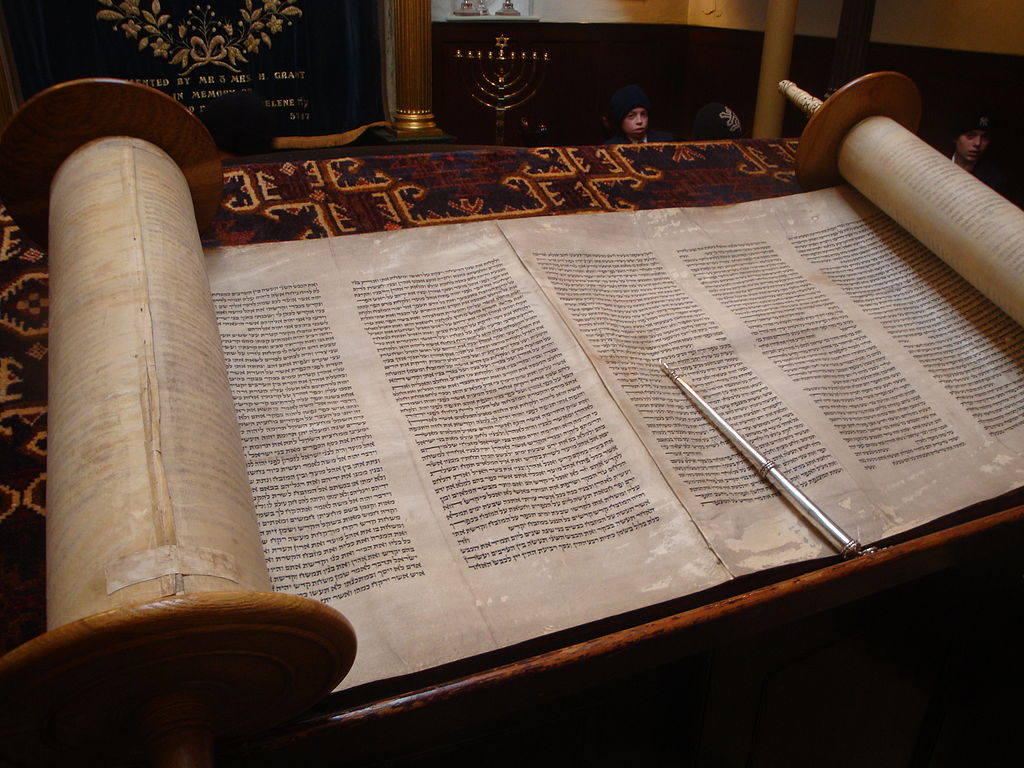by Lois Tverberg
The thief comes only to steal and kill and destroy; I have come that they may have life, and have it abundantly.
– John 10:10
Throughout the Old Testament, the promise is made of the coming Messiah, which primarily is a picture of a king who comes to reign. Even though Jesus speaks often of his kingdom, during his time on earth he really acts as a rabbi rather than acting anything like what we would expect of a king.

It is interesting that the Jewish picture of the Messianic King incorporates this idea of the king as a teacher of scripture, even though it doesn’t grasp that Jesus was the Messiah. According to one Jewish commentary,
The messianic king plays a unique role. He, as first citizen of the nation, is the living embodiment of Torah and how its statutes and holiness ennoble man… Holder of immense and almost unbridled power, he submits to the laws in the Scriptures which he carries with him at all times, he does not rest until his people know the rigors of Torah study and a discipline of honesty and morality in their personal and business lives that would earn sainthood in any other nation. It is the function of the king to safeguard the Torah and see to it that the people study it and obey its commandments. Nor is he to be considered above the Law – on the contrary, it is his duty to be a model of scrupulous adherence to the laws of the Torah. (Nosson Scherman, from the ArtScroll Commentary on Ruth, pp xxxi – xxxiii)
That sounds like Jesus, doesn’t it? He scrupulously adhered to God’s laws, and primarily concerned his earthly time with the teaching of the scriptures. He followed the Torah perfectly himself, and the goal of his ministry was to show people how to obediently live out God’s will.
Where does the Jewish commentator get this idea of king as teacher of the Torah? From God’s regulations for kings as they are described in Deuteronomy:
You shall surely set a king over you who your God chooses… When he takes the throne of his kingdom, he is to write for himself on a scroll a copy of this law. It is to be with him, and he is to read it all the days of his life so that he may learn to revere the LORD his God and follow carefully all the words of this law and these decrees. Deut. 17:18-20
The idea behind the Jewish picture is that God wants his king to have as his chief aim to revere and obey God, and to teach the nation to obey him as well. He is not to seek glory in his own power and might, but to intentionally point people toward obedience to God.
In many cultures in the Ancient Near East, it was actually the king who made the laws, not the gods. He was said to have the authority of the gods in doing so, but the laws were understood to be his. Since God is the true King of Israel, he was the one who crafted its laws, and they were supreme. Rulers were to live humbly within God’s law, not beyond them like so many dictators and oppressors have done.
It is fascinating that Jesus fits this unusual requirement of the Messianic king so perfectly. With his death he redeemed his people and brought them into his kingdom, but his life was an example to teach them how to bring honor to God and have life as it was meant to be lived.
Photo: Lawrie Cate

